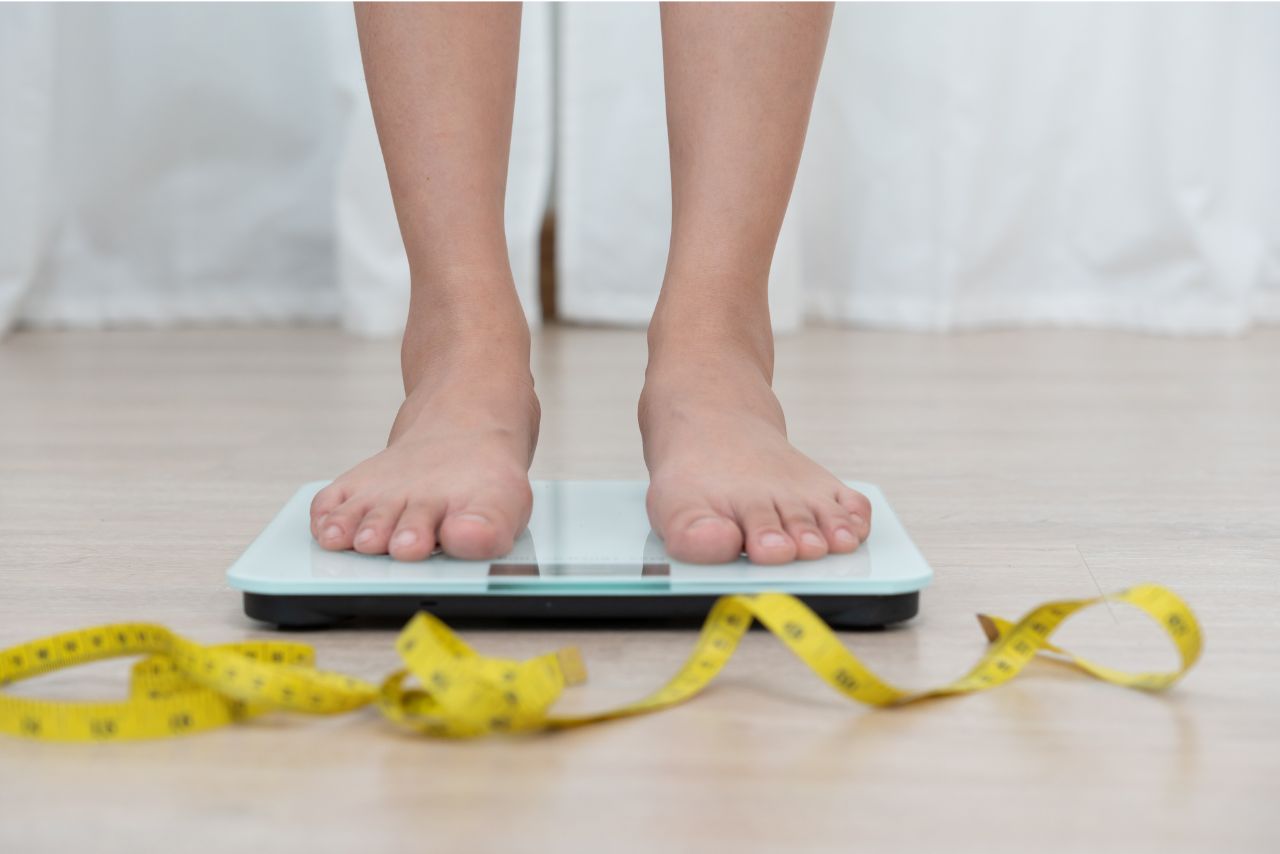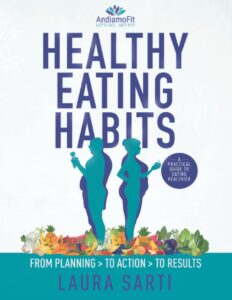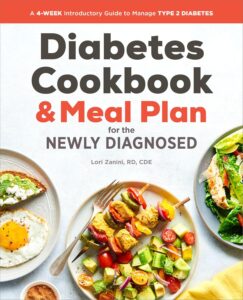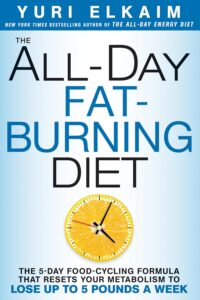No one wants to be overweight. Many people spend a lot of money trying to lose weight but struggle to keep fit. Some people also need to lose weight for specific jobs, as a worker’s weight is sometimes considered important for promotion. In other cases, patients may need to lose weight urgently before undergoing surgery.
You can generally lose four to five kg in a month while staying completely healthy. However, if someone needs to lose seven kg or more in a month due to urgent reasons, they should plan carefully and consult a doctor.
To lose seven kg or more in a month, it is necessary to take effective steps. This involves not just controlling your diet but also adjusting your entire lifestyle. Only then will you achieve the desired success in a shorter period.
Table of Contents
How to Lose Weight Safely
Exercise
Exercise is another important way to lose weight quickly. Not only does exercise keep your body fit, but it also helps you lose weight. If you want to lose seven kg or more in a month, you need to exercise at least one and a half to two hours every day. During this time, you can walk, run, swim, or cycle — all ideal exercises for weight loss. There’s no need to go to the gym or park to exercise; you can do it through daily household chores.
Dietary changes
If you want to lose seven kilos in a month, you must change your diet first. Make sure your eating habits are consistent and at the same time every day. Try to eat a heavy breakfast in the morning, rice in the afternoon, and bread or a light meal at night. You can eat fruits in between meals. This diet will help you lose weight. Be sure to count calories and eat fewer calories than you burn.
Eat a balanced diet
One of the main ways to lose weight is by eating a balanced diet. Focus on eating more fruits, vegetables, etc., and completely avoid fatty foods. Foods fried in oil should be eliminated from your diet. Try to avoid eating fast food as much as possible. If you feel hungry between meals, snack on popcorn, fruit, or fruit juice.
Eat whole grain foods
Whole grains like brown rice, oatmeal, and whole wheat bread are helpful for weight loss. They contain fiber, which slows digestion and keeps you feeling full longer.
Eat small meals but often
Eating small meals is more effective for weight loss than eating large meals. Aim for 5-6 meals a day with protein- and fiber-rich foods. This increases your metabolism and helps control your appetite.
Avoid excessive worry
You might be surprised to know that excessive worry can lead to overeating, which increases the risk of obesity. So try to avoid stress to keep yourself fit.
Adequate rest
Six to eight hours of sleep a day is necessary. However, if you sleep more than this, you may gain weight. Avoid sleeping during the day. Remember, too much sleep is bad for your body, so go to bed early at night and wake up early in the morning.
Try to eat early at night
Try to finish dinner at least two hours before going to bed. Try to eat dinner by eight o’clock. If you lie down immediately after eating at night, your weight will increase quickly. If you feel hungry before bed, have fruit juice or milk.
Drink water before eating
Drink water 10 to 15 minutes before eating. It will aid digestion. Eat home-cooked meals as much as possible and completely avoid junk food.
Avoid overeating
Only eat the amount of food you need. Overeating will cause you to gain weight. If you want to lose seven kg or more in a month, avoid extra food altogether.
Drink plenty of water
Drink water regularly throughout the day. It helps flush out harmful toxins from your body, aids in weight loss, and is essential for healthy skin.
Avoid sugar
Completely avoid sugar for effective weight loss. Just one teaspoon of sugar contains 16% of your daily calorie intake, which hinders weight loss. Try to avoid sugar from your tea and milk.
Green tea
Green tea contains natural ingredients that support weight loss. Studies show that consuming four cups of green tea per day for a week can reduce 400 grams of body fat. Therefore, include green tea in your daily diet.
Colorful salad
Include a salad made of colorful vegetables or fruits in your diet. You can mix sour yogurt with the salad for added benefit.
Eat enough vegetables and fruits
Vegetables and fruits are highly effective for weight loss. They contain fiber, as well as vitamins A, C, and K, which are essential for the body. Eating them keeps you full and reduces your intake of excess calories.
Stress management
Stress can contribute to weight gain. Try meditation, yoga, or breathing exercises to reduce stress, which will help in weight loss.
Control food intake
Controlling food intake is crucial for weight loss. Use smaller plates to limit portions, and practice mindful eating to savor the taste and avoid overeating.
Drink natural beverages
Avoid soft drinks and sugary beverages. Drink natural drinks like lemon water, coconut water, or fresh fruit juices, which are low in calories and hydrating.
Stay active
Stay active in your daily life. Use the stairs instead of the elevator, walk short distances, and move around frequently. This boosts metabolism and helps with weight loss.
Eat the right amount of protein
Protein helps with weight loss by reducing appetite and keeping you full longer. Eggs, chicken, fish, and legumes are excellent sources of protein.
Eat healthy snacks
When snacking, choose healthy options like nuts, fruit, or yogurt. These are low in calories and high in nutrients.
How to Try to Boost Lose Weight Safely
When it comes to weight loss, quick fixes might be tempting, but sustainable strategies are key to long-term success. Here are some practical tips and adjustments to help you lose weight faster while ensuring you remain healthy and energized.
1. Move While You Talk
We often spend a lot of time on the phone. Instead of sitting, make it a habit to walk around. Walking during calls burns extra calories and promotes consistent movement throughout the day.
2. Avoid Mindless Eating While Watching TV
Studies show that eating while watching TV can lead to overeating—up to 288 extra calories per meal. If you want to reduce calorie intake, avoid eating in front of the TV and focus on your meals.
3. Be Mindful of Salad Ingredients
While salads are generally considered healthy, the ingredients you choose can make a big difference. Adding mayonnaise, nuts like almonds, and heavy meats can turn a low-calorie dish into a 500-calorie meal. Opt for light dressings, lean proteins, and plenty of greens for weight-loss-friendly salads.
4. Use Smaller Plates
Opt for smaller plates for your meals and snacks. Research shows that people tend to eat 20% less food when they use smaller plates, which helps in controlling portion sizes and calorie intake.
5. Politely Decline Second Helpings
Social gatherings often tempt us to overeat. When you’re at a friend’s house and are encouraged to take more food, be mindful of your intake to avoid consuming twice the calories.
6. Choose Boiled, Poached, or Baked Foods
When cooking, opt for healthier methods like boiling, poaching, or baking rather than frying. Use minimal oil to cut down on unnecessary fats and calories.
7. Avoid Sugary Soft Drinks
Soft drinks are loaded with unnecessary calories, with each bottle containing around 180 calories. To save those calories, choose water instead, or opt for tea or juice without added sugar.
8. Drink Tea or Juice Without Sugar
Skipping sugar in your tea or juice can save up to 400 calories a day. Unsweetened beverages, especially green tea, can be both hydrating and beneficial for weight loss.
9. Stay Hydrated with Water and Nutrient-Dense Foods
Consuming plenty of water, fruits, and vegetables not only helps with satiety but also supports overall health, keeping you hydrated and avoiding unnecessary snacking.
10. Follow a Sustainable Diet and Exercise Routine
Crash diets and short-term unhealthy eating patterns rarely lead to long-term success. Instead, adopt a balanced diet combined with regular exercise and a healthy lifestyle. If needed, consult a nutritionist to help create a personalized plan.
How to Boost Metabolism to Speed Up Weight Loss
One of the main challenges in losing weight is having a slow metabolism. A faster metabolism helps the body burn more calories, leading to quicker weight loss. Here’s how you can increase your metabolism naturally:
1. Start Your Day with Soaked Almonds
Almonds are rich in magnesium, which plays a key role in boosting metabolism. Soak a few almonds overnight and eat them first thing in the morning to help kickstart your metabolism.
2. Focus on Protein for Breakfast
A protein-rich breakfast is essential for weight loss. Protein helps increase the thermic effect of food, meaning your body burns more calories to digest it. Eggs, yogurt, and lentils are excellent protein sources to include in your breakfast.
3. Drink Hot Water
Drinking warm water can aid digestion and increase metabolism. Try drinking a glass of hot water every hour throughout the day to keep your metabolism active.
4. Sip Cinnamon or Cardamom Tea
Spices like cinnamon and cardamom are known to increase metabolism. Add a pinch of cinnamon to your morning tea or enjoy cardamom tea after lunch to enhance your weight loss efforts.
5. Eat More Leafy Greens
Green vegetables like kale, spinach, and collard greens are low in calories and high in fiber. They also contain thylakoids, plant compounds that help manage appetite and promote feelings of fullness.
Best Eating Times for Weight Loss
Timing your meals can be as important as what you eat. According to nutritionists, eating earlier in the day may help your body metabolize food more efficiently:
The Optimal Eating Window: Research suggests that eating between 7 AM and 3 PM is ideal for weight loss. This timing aligns with the body’s natural rhythm, allowing it to use energy effectively rather than storing it as fat.
Fasting for 8-12 Hours: Implementing an intermittent fasting schedule (e.g., from 8 PM to 8 AM) gives your body a break from constant digestion, allowing it to burn fat more efficiently.
Prioritize Protein in the Morning: Start your day with a protein-packed meal to reduce hunger and calorie intake throughout the day. This can lead to a natural reduction in overall food consumption.
Benefits of Weight Loss
Losing weight offers numerous health benefits beyond just appearance. Here are some key advantages:
Reduced Risk of Heart Disease: Weight loss helps reduce high blood pressure, cholesterol levels, and the risk of type 2 diabetes—all of which are linked to heart disease.
Improved Blood Sugar Control: For those with type 2 diabetes, weight loss can make insulin more effective, helping to manage blood sugar levels.
Joint Health and Mobility: Carrying excess weight puts stress on joints, leading to pain and arthritis. Weight loss relieves this pressure, promoting better joint health.
Better Sleep and Breathing: Losing weight can alleviate sleep-related issues such as sleep apnea, improving overall sleep quality.
Enhanced Mental Health: Shedding excess pounds can boost confidence, reduce anxiety, and improve overall mental well-being.
The Importance of Slow, Steady Weight Loss
While rapid weight loss might seem appealing, it’s often unsustainable and can lead to health issues. Aim for a gradual weight loss of about 1 pound per week by cutting 500 calories per day. Whether through diet, exercise, or both, slow and steady weight loss is more likely to last long-term.
Bottom Line
Weight loss is a journey that requires time, patience, and dedication. By incorporating these strategies—balanced eating, regular movement, and a focus on boosting metabolism—you can achieve lasting results. Set realistic goals, stay consistent, and always prioritize your health above quick fixes.









Pingback: Mental Strategies for Weight Loss-You Must Follow